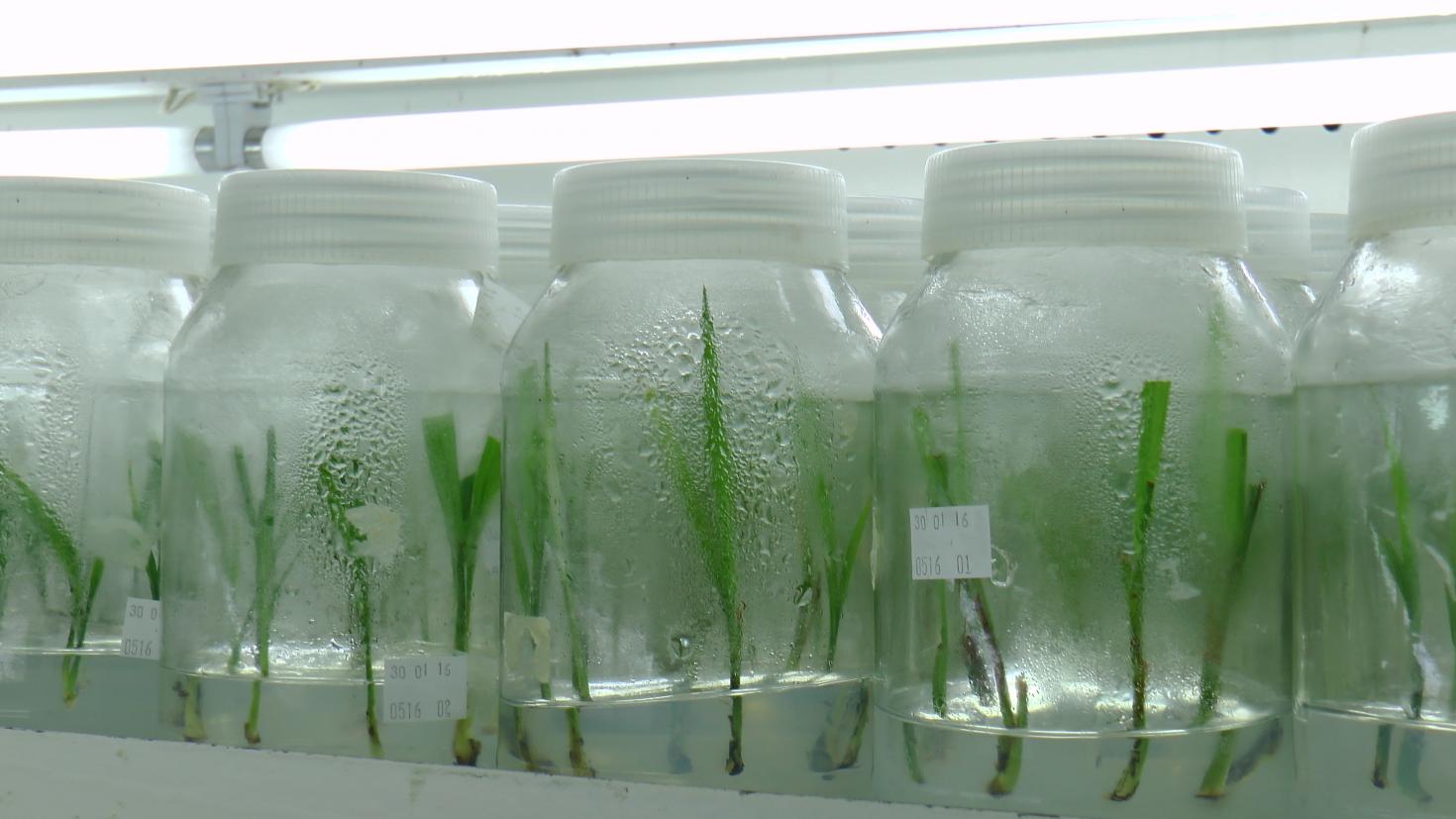Investments in agricultural research in Latin America and the Caribbean (LAC) shows its effect on the agricultural sector, study indicates.

San José, October 27, 2016 (IICA). Over the past several years, several Latin American and Caribbean (LAC) countries have gradually increased their investment in agricultural research. However, there are substantial differences between the countries; while some have invested up to 1.8 % of their agricultural GDP, others are investing just around 0.1 %.
Brazil, for example, with a cadre of highly qualified researchers and world-class infrastructure, has taken the lead in agricultural research. Argentina, Colombia, Costa Rica, Mexico and Uruguay, also have well-developed agricultural research systems. However, Central American and Caribbean countries, as well as several in the Andean region, have lagged behind in terms of infrastructure, investment and research capacity.
This is apparent in a study conducted by the Agricultural Science and Technology Indicators Program (ASTI), carried out by the International Food Policy Research Institute (IFPRI). The study findings were shared by the Inter-American Institute for Cooperation on Agriculture (IICA) Office in the United States.
The study, funded by the Inter-American Development Bank (IDB), shows the status of scientific development in the region, describes the investments made in agricultural research, reveals how this influences the agricultural sector in each country, and warns about the need to strengthen public research in some countries.
“This analysis provides significant data that can help decision makers advocate for increasing investment in research, science and technology that will lead to innovations in agriculture,” says Priscila Henríquez, Specialist in Management of Technological Innovation at IICA.
Her views were shared by Sandra Pérez, manager of the ASTI program, from IFPRI’s Division of Environment and Production Technology. Ms. Pérez stressed the importance of using data to analyze the trends in investment in agricultural research and development (R&D), to identify the weaknesses, and improve coordination among institutions and regions.
Pérez and Alejandro Nin-Pratt, research associate at IFPRIs Division of Environment and Production Technology, shared report’s findings during a virtual seminar and answered the questions from participants in several countries.
Hugo Li Pun, Executive Secretary of FONTAGRO, and María Rodríguez, Executive Secretary of FORAGRO, also took part, providing analysis and commentaries on the study results.
More than 200 practitioners attended the virtual event, which targeted funding and research organizations, academic institutions and the public and private sectors of the Latin American countries.
For more information, please contact: priscila.henriquez@iica.int











